Neoliberalism Explained

Neoliberalism is an economically-minded evolution of classical liberalism focused on deregulation, trade, and the private market. It is a “middle way” or “third way” between liberalism and conservatism.
Economics is the social science that studies the production, distribution, trade, and consumption of goods and services. Economics uses a mix of psychology, mathematics, experiment, and analysis to predict and understand economies.

Neoliberalism is an economically-minded evolution of classical liberalism focused on deregulation, trade, and the private market. It is a “middle way” or “third way” between liberalism and conservatism.

Labor and capital are economic terms that describe 1. workers and their labor power and, 2. capitalists and their material and financial capital.

The top marginal income tax rate was over 90% under FDR and Eisenhower, but the effective rate in those times ranged from roughly 0% – 60%.
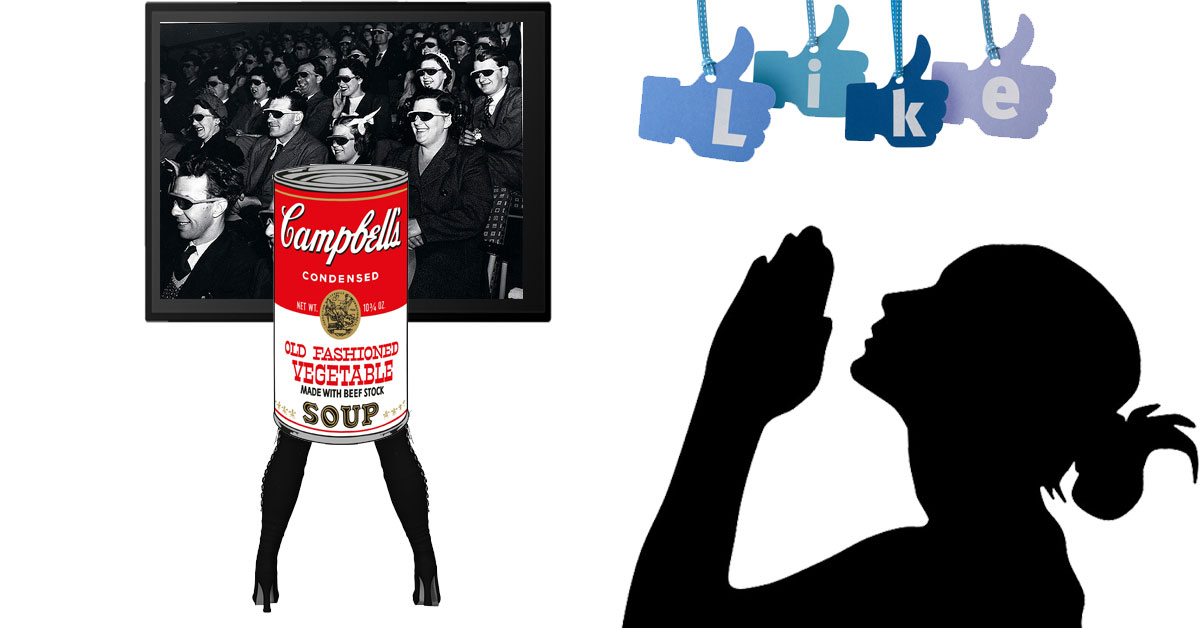
We define terms related to “the society of the spectacle” like commodity fetishism, consumerism, “proletarianization,” and alienation.
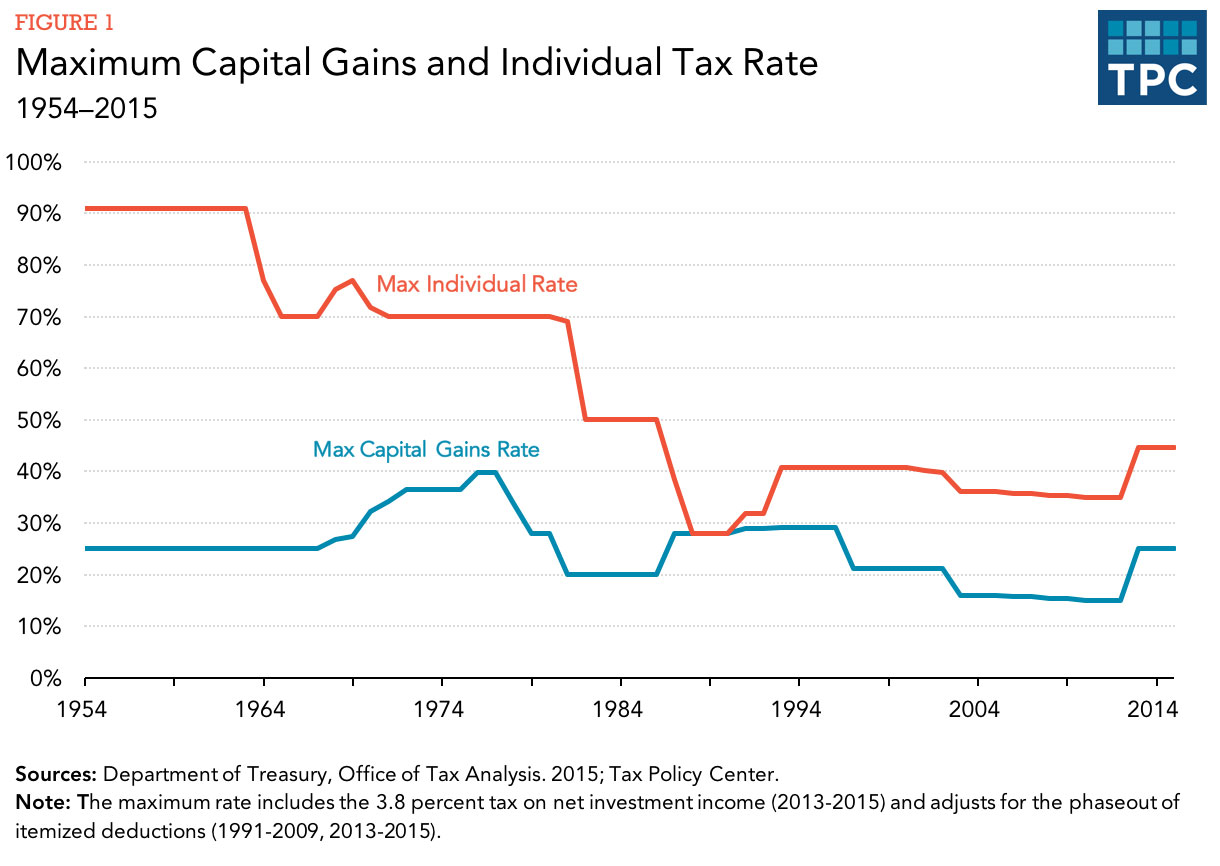
The long term capital gains tax is lower than other federal income taxes, including the capital gains tax and the income tax.
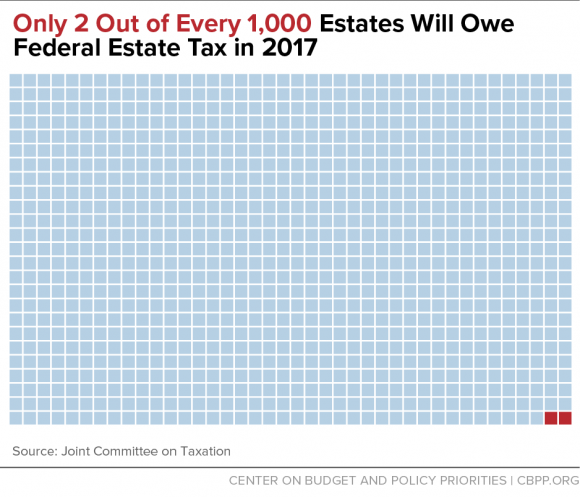
It is a myth that the estate tax hurts poor and middle class Americans, only the richest Americans (0.2% of families) pay the estate tax.

The estate tax (“death tax”) is one of the taxes preventing an unsustainable wealth gap; eliminating the estate tax would increase the wealth gap.
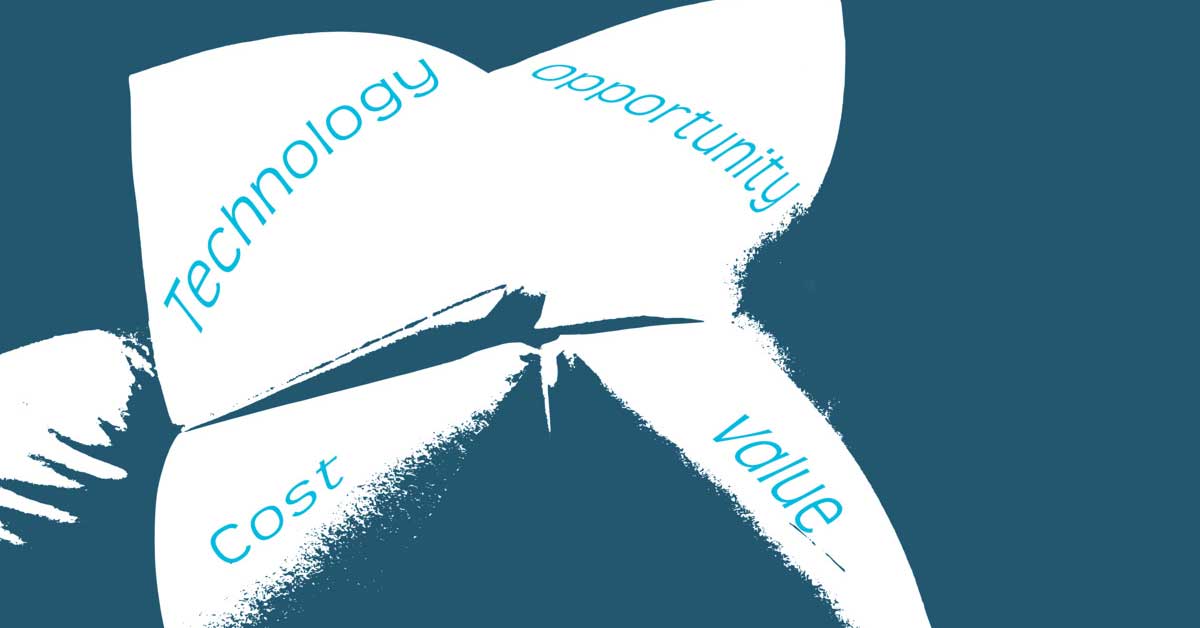
Life is all about “trade-offs,” and almost everything in life is a trade-off. If one thing increases, another must decrease.
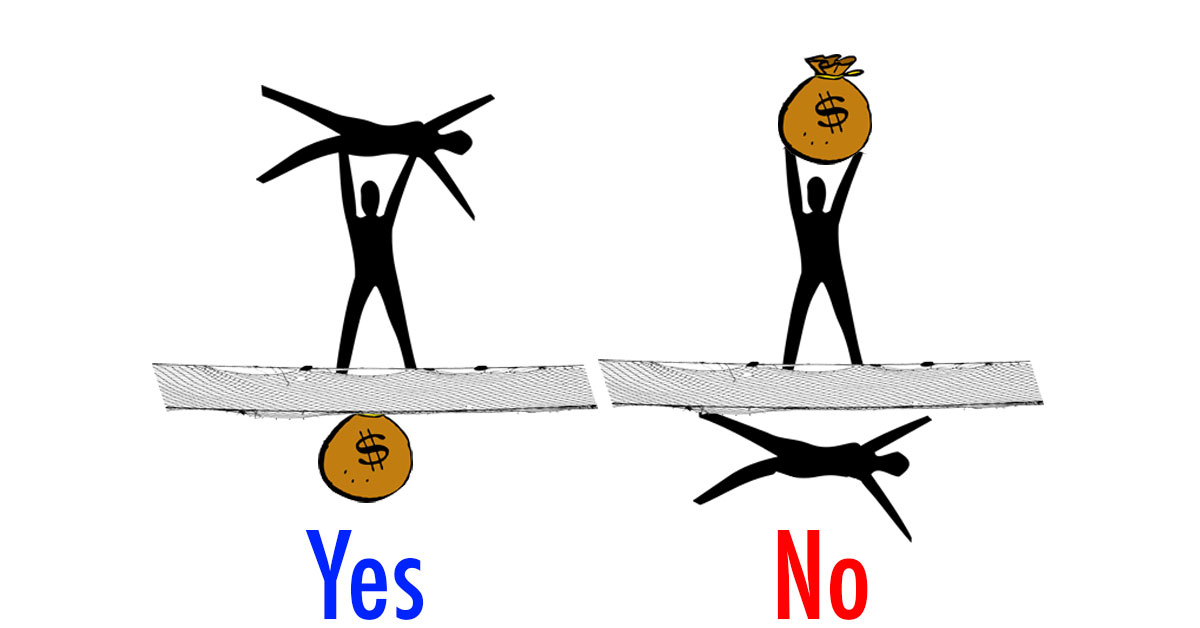
The Social Safety net is a collection of welfare services meant to help people bounce up when they hit bottom, it is not meant as a net to trap the poor under.

Wage slavery (where an entity’s livelihood depends on wages or a salary) and actual “chattel” slavery (where an entity is enslaved by another entity) are very different.